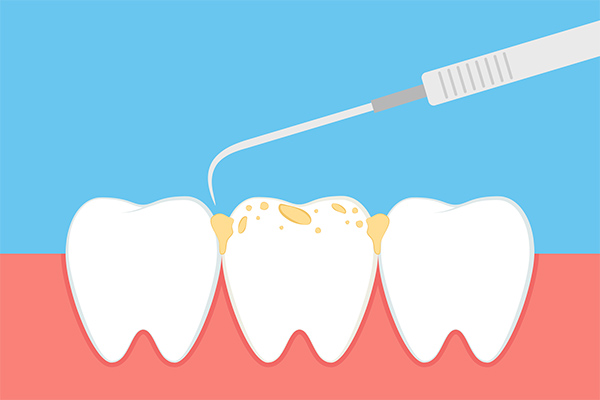 Plaque and tartar are two things that lead to the most common dental issues a periodontist can treat: tooth decay and gum disease. The teeth have an outer layer called the enamel that is the hardest part of the body. Designed to handle a lot of wear and tear, it protects a tooth's more delicate inner layers from acids made by oral bacteria.
Plaque and tartar are two things that lead to the most common dental issues a periodontist can treat: tooth decay and gum disease. The teeth have an outer layer called the enamel that is the hardest part of the body. Designed to handle a lot of wear and tear, it protects a tooth's more delicate inner layers from acids made by oral bacteria.
Bacteria in the mouth feed on sugars left on teeth surfaces, forming a sticky film called plaque. Plaque causes the sticky feeling in your mouth in the morning. The more sugars are in your mouth before going to sleep, the stickier your mouth will feel when you wake up. You have probably noticed that on your own over the years.
Let us take a detailed look at tartar and plaque to better understand how they promote oral health issues such as gum disease and tooth decay.
Plaque
As previously mentioned, plaque is a sticky film created by oral bacteria. It houses the bacteria that make it and the acids they produce — the acids inside plaque damage teeth, leading to tooth decay. Plaque can make its way below the gum line, infecting the tissues there. It hardens into tartar when left on teeth for a few days, which creates additional issues.
Plaque can be removed by brushing and flossing. Its formation can also be minimized by limiting the consumption of sugar-rich foods.
Tartar
Tartar is what plaque turns into when left on teeth for prolonged periods. Tartar gives teeth a yellow tint, and it houses bacteria and the acids they produce – just like plaque. However, brushing or flossing does not affect tartar deposits. Instead, a periodontist removes it with a scaler during teeth cleanings. This allows tartar to build up on teeth between dental visits regardless of how well a person cleans their mouth. Therefore, good oral hygiene only helps minimize these deposits, while teeth cleaning is needed to get rid of them.
Tartar can make its way into gum pockets, leading to gum disease as the immune system tries to fight off the bacteria in it.
Preventing tartar and plaque buildup on teeth
Simple things anyone can do to remove plaque from their teeth and minimize the accumulation of tartar deposits include:
- Brushing twice and floss once daily
- Always clean the tongue when brushing
- Use tartar-control toothpaste to minimize tartar buildup
- Use an antibacterial mouthwash to reduce bacteria in the mouth
- Visit a dentist twice a year to get teeth cleaned
- Consume less sugar-rich foods and beverages
- Drink lots of water
It starts with prevention
The less plaque and tartar you have on your teeth, the lower your risk of developing gum disease and tooth decay. Give us a call or visit our Cypress clinic to set up an appointment with our periodontist.
Request an appointment or call Charles E. Dyer IV, DDS, MS, PC at 281-213-0900 for an appointment in our Cypress office.
Related Posts
While gums may occasionally bleed after vigorous brushing or restarting flossing, persistent bleeding often signals gum disease or another underlying condition. In these cases, bleeding gum treatment may be necessary. A periodontist will take a careful, methodical approach not only to stop the bleeding but also to promote long-term oral and gum health.Gum bleeding often…
A periodontist focuses on the health of the gums, which means that gum disease is one of the most common issues that they treat. While gum disease can be an uncomfortable and challenging affliction, the good news is that it is reversible, unlike its more advanced form (periodontitis).If you have gum disease, it is crucial…
Dental pain can disrupt daily life, making it difficult to eat, speak, or rest comfortably. As a periodontist, the focus is on identifying and addressing the root cause of discomfort, but patients often need relief before professional treatment is available. Managing symptoms effectively at home can reduce discomfort, prevent further irritation, and support oral health…
